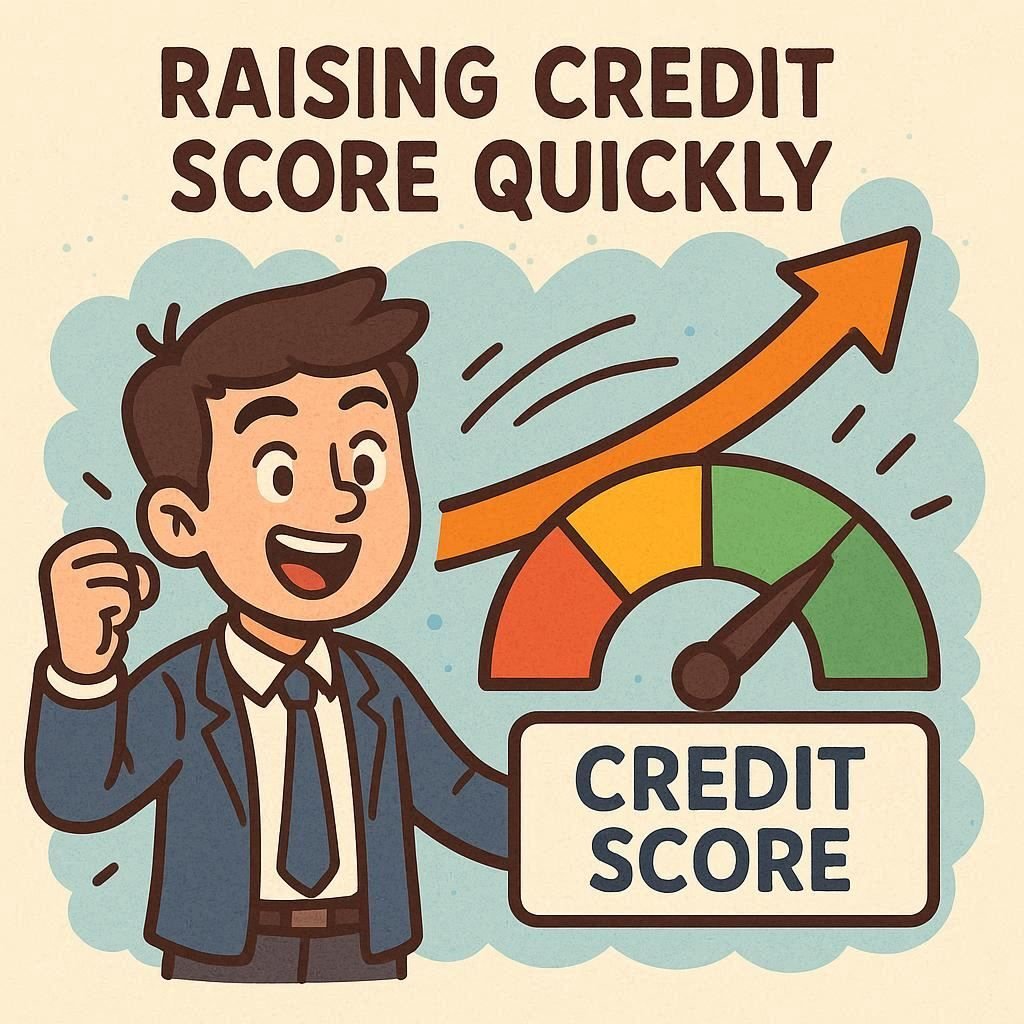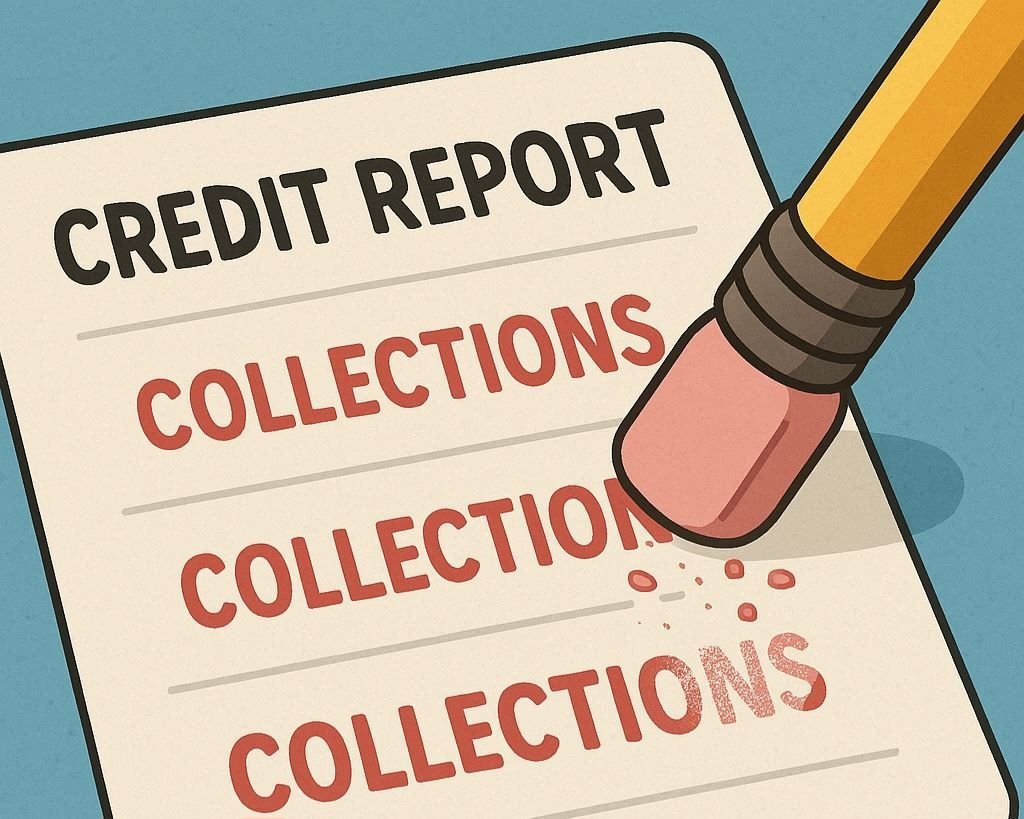Want to improve your credit score quickly? Good news: while rebuilding credit usually takes time, targeted actions can produce noticeable improvements in 30–90 days. This post gives clear, practical steps you can start today — no jargon, just things that work and that search engines and readers love.
Why acting fast matters (and what “quick” really means)
Credit scores reflect recent and ongoing behavior. Scoring models reward on-time payments, low credit utilization, and accurate reporting. When we say “quick,” we mean actions that can move the needle inside one to three months — usually by fixing errors, lowering balances, or updating payment status. Those wins are real and measurable.
Immediate actions you can take today
- Pull your credit reports and scan for errors. You can get free reports from the three major bureaus. Look for incorrect balances, duplicate accounts, or accounts that don’t belong to you. Disputing errors can lift your score quickly once the bureau corrects them.
- Pay down high credit-card balances. Credit utilization (how much of your available revolving credit you’re using) is a major factor. Try to get utilization below 30% — ideally under 10% — on each card. Even one large payment before your statement closing date can lower the balance that gets reported.
- Bring past-due accounts current. If an account is 30–59 days late, catching up immediately prevents the status from worsening and reduces negative impact on your score.
- Request a credit limit increase. If you’ve been responsible with payments, a higher limit reduces utilization automatically if you don’t increase spending. Don’t open new cards just to increase available credit — that can introduce hard inquiries.
High-impact steps for the next 30–90 days
- Set up autopay for all recurring bills. Payment history is the largest single factor in most scoring models. Autopay prevents missed payments and quickly establishes a pattern of on-time payments.
- Use a “pay before statement close” strategy. Paying down balances before your statement closes makes sure lower balances are reported to the bureaus — and that’s what impacts your score.
- Consider consolidation only when it helps. A debt-consolidation loan or a 0% balance transfer can reduce overall utilization and simplify payments. Check fees and the long-term cost before deciding.
- Negotiate collections carefully. For accounts already in collections, see whether the collector offers a written pay-for-delete. If they won’t, paying may still help with newer scoring models, even if the collection stays on your report.
What to avoid — fast
- Don’t close old credit-card accounts. Old accounts increase your total available credit and lengthen your credit history. Closing them can raise utilization and shorten your average account age.
- Avoid applying for many new accounts at once. Each hard inquiry can temporarily lower your score, and multiple inquiries make you look risky to lenders.
- Don’t ignore creditor notices. Ignoring overdue notices often leads to charge-offs, collections, or lawsuits — all of which hurt your score more and for longer.
Monitor progress and protect gains
Once you see improvement, keep it that way: review credit reports regularly, continue making on-time payments, and keep utilization low. Many card issuers provide free monthly score updates — use them for quick checks, but rely on full credit reports for dispute work or major decisions.
It’s also important to know how often you should check your credit.
Where to get trustworthy help
If you’re unsure about disputing reports, handling debt collectors, or suspect identity theft, consult reputable resources or a certified credit counselor.
Quick recap — the fastest wins
To improve your credit score quickly, prioritize these steps: pull your reports and dispute errors, lower credit-card balances (especially before statement close), make every payment on time, and avoid actions that raise utilization or create multiple hard inquiries. These are simple, affordable steps that often lead to visible improvements in a matter of weeks.
Read about how credit scores are calculated.





